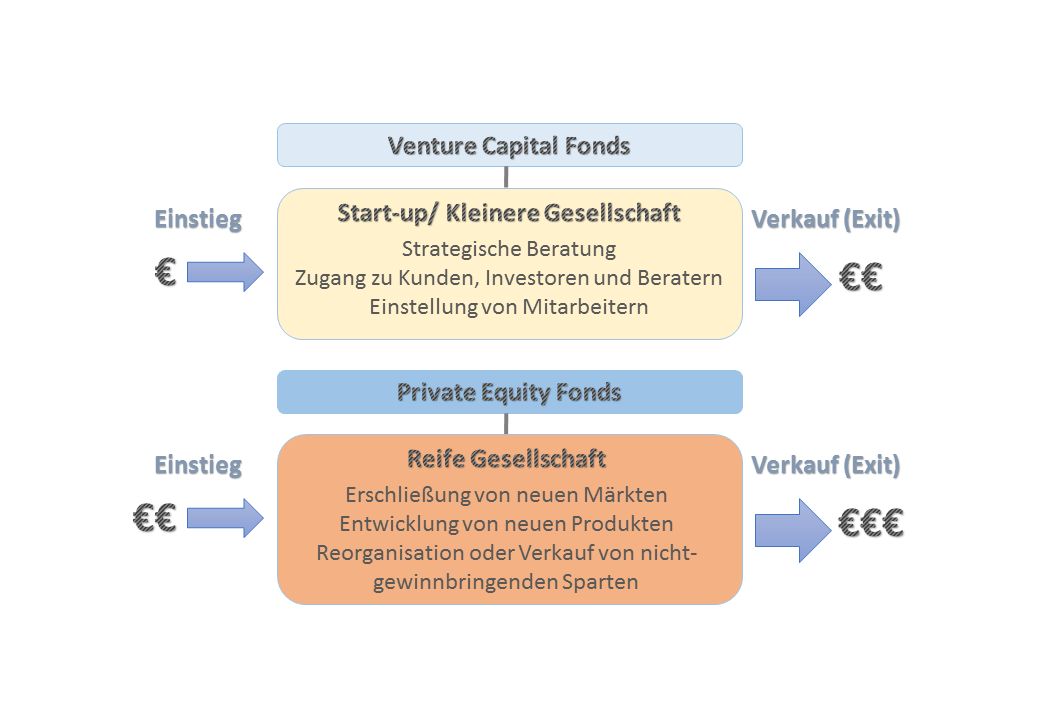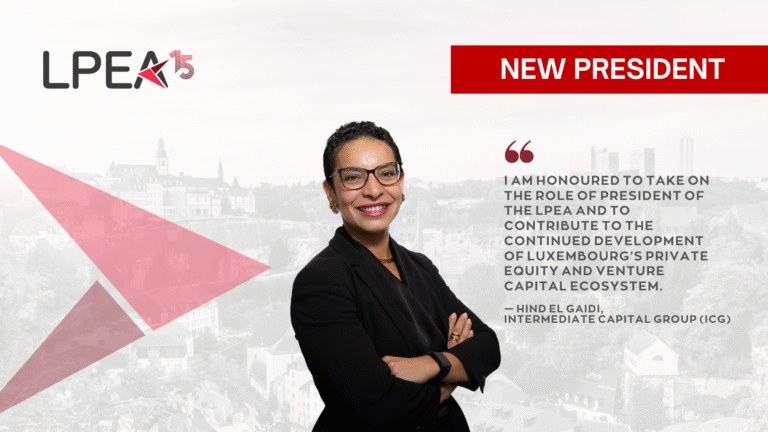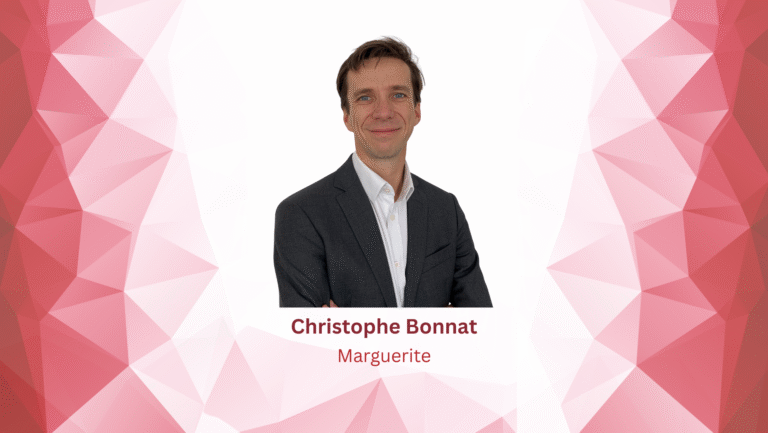Mehrwert schaffen: Was passiert beim Aufkauf eines Unternehmens durch einen Private-Equity-Fonds?

Wenn ein Private-Equity-Fonds in ein Unternehmen investiert, hängt es ganz vom Entwicklungsstand des jeweiligen Zielunternehmens ab, was dann passieren wird.
Geht es um eine Start-up, ist der Kapitalgeber in der Regel ein Venture-Capital-Fonds. Diese Investoren gehen große Risiken ein und wissen von Anfang an, dass nur wenige ihrer Investitionen Erfolg haben. Die Investition soll dem Unternehmen erlauben, schneller als die Konkurrenz zu wachsen. Die Investoren helfen den Start-ups dabei durch strategische Beratung, Betreuung und den Zugang zu verschiedenen Netzwerken (Kunden, Investoren, Technologie-Berater, usw.). Manchmal können auch bessere Management-Praktiken dem Unternehmen helfen, fit für das Wachstum zu werden.
Ist das Zielunternehmen hingegen „reif“, also bereits viele Jahre auf dem Markt, dann wird sich der Private-Equity-Fonds auf die Wertsteigerung des Unternehmens konzentrieren. Das heißt meist, es kommt zu substanziellen Veränderungen. Dazu gehören Investitionen in neue Märkte oder Produkte sowie der Verkauf oder die Reorganisation von nicht-gewinnbringenden Sparten.
Ziel des Investors ist es, einen Mehrwert zu schaffen und das Zielunternehmen nach etwa fünf bis zehn Jahren weiterzuverkaufen.
When a private equity or a venture capital fund invest in a company, what happens next depends very much on the companies’ stage of development.
If we speak of a start-up, a young and small company making its first sales, the investor is typically a venture capital fund. These investors are risk takers and know from start that only few of their investments will succeed and not all will survive.
Up to a certain point, the investment allows the company to grow faster than the competition. Therefore, most of the efforts of the investors will rely on providing strategic advice, mentorship and access to different networks (clients, investors, technology advisors, etc.). They may also put in place better management practices in order to prepare the company for the so much expected growth. It is very different to run a 30-people business than to run a team of 300. With such growth it may happen as well that the investor brings on board key executives with a stronger experience.
If the company is “mature”, has been in the market for many years and has a regular, stagnant or even declining growth, the investing private equity fund will be very focused in the value of the company. It will therefore conduct significant changes notably by investing in new markets or products and by selling or dismantling non-performing business lines. In this process jobs can be created and lost. Credit takes also an important part in the deal. With the investments comes the capacity for the company to obtain more credit to support the new strategy.
In both situations, the goal of the investor is to, after 5 to 10 years, be able to sell the company at a better price either to a public stock market, to another investors or eventually to one of the company’s competitors.





